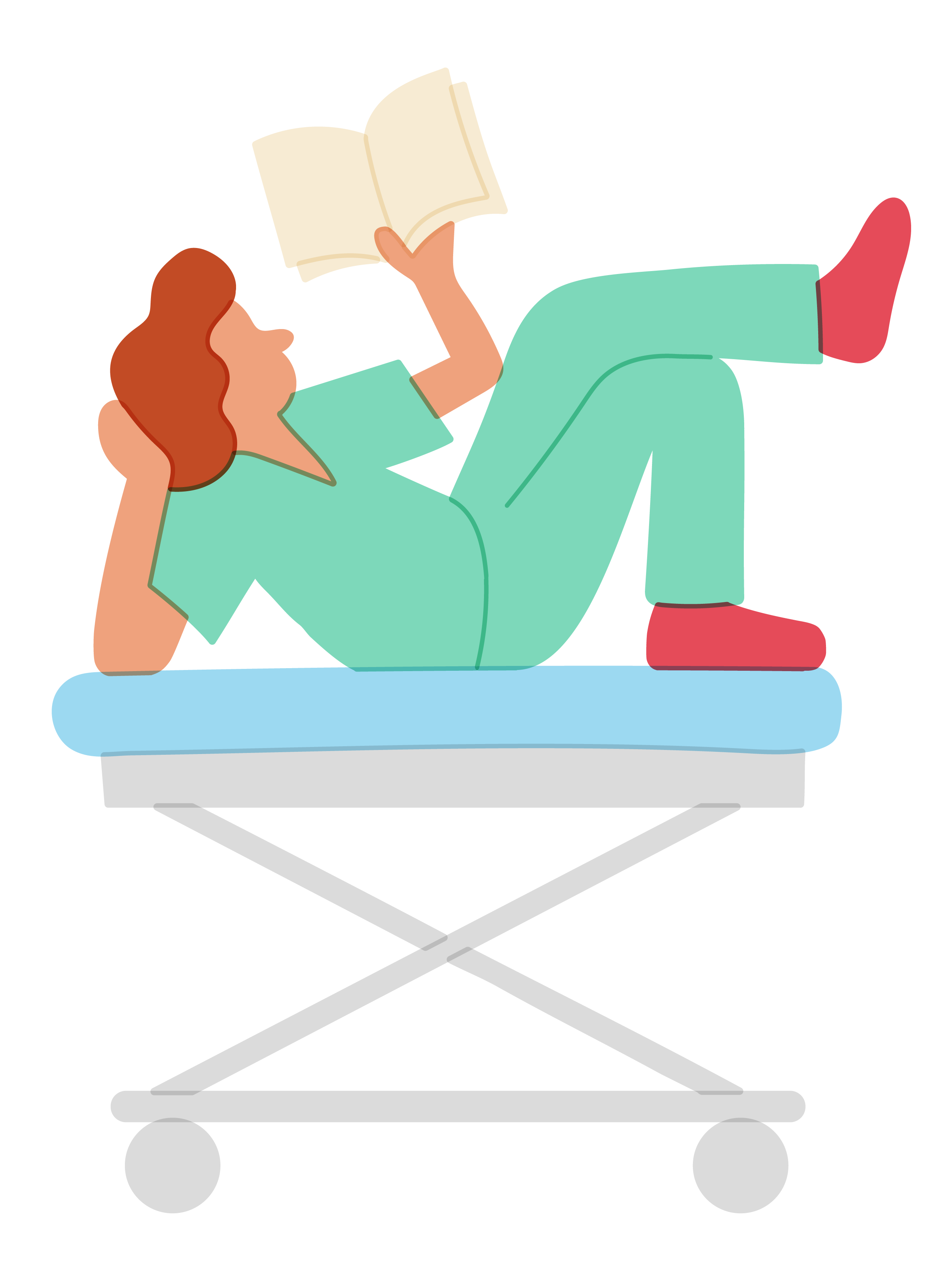Congratulations! It’s interview season and you’re almost finished with the seemingly endless application cycle. Waiting to receive interview invitations can be very nerve-wracking, but it’s also a great time to take a breath, refocus, and prepare for this final step. Here, I’ll share the highest yield information to help you succeed in traditional one-on-one medical school interviews.
1. What does receiving an interview mean?
Receiving an interview invitation is a huge step toward acceptance. After reviewing so much information about you—including your MCAT score, GPA, personal statement, extracurricular descriptions, and recommendation letters—the admissions committee is impressed, and they want to get to know you more. It’s a time for the medical school to get to know you as a person beyond a list of numbers and character-limited descriptions. Interviewers are interested in the ways you interact with others, how you communicate, and the overall impression you provide. Thankfully, there are ways to prepare.
2. Review your application
At this point, it’s been a handful of months since you prepared and submitted your application. You’ll want to refresh yourself about what you wrote about and how you’d like to speak about each topic. After all, you may be asked about that research project you did freshman year, and you want to be ready to speak about anything with confidence and familiarity. The advice “show, don’t tell” applies here too. It’s more memorable to share a story about what made an experience meaningful rather than give a general description and cliché response.
3. What’s your hook?
This is also a good time to either reaffirm or identify what your “brand” or “hook” is. What 1-2 key things do you want the admissions committee to remember most about you? What do you specifically add to their medical school class? Are you the research star whose eyes light up when speaking about Western blots? Do you have an interesting path to medicine that makes you unique? Are you going to expand healthcare access to the underprivileged? Whatever your unique strengths are, be intentional about identifying them and planning how you will highlight them during interviews.
4. Familiarize yourself with commonly asked questions
While interview structure and discussion vary widely, there are common questions you should prepare for. Find a list of interview questions online and think about your responses. Some of the most common questions are: “Why do you want to be a doctor?” “Tell us about yourself.” “Why do you want to attend our school?” “What experiences have you had working with sick people?” “Where do you see yourself in 15 years?” Again, if possible, respond by showing rather than telling, by drawing on your supply of experiences.
5. Practice like you play
It’s a great idea to practice answering interview questions with a friend, mentor, or even individually. Remember, the interview is foremost a conversation; the goal is to be practiced, never scripted. It’s important to be human and show your personality, not just recite your resume.
For virtual interviews, set up a good space in advance with proper background and lighting. Even if your interview isn't virtual, recording yourself can be a great idea to recognize filler words (um, ah, like) and nervous habits.
Finally, be sure to familiarize yourself with the medical school: what is special/different about this program? What is the format of their interviews?
6. Interview day
Congratulations, this is a big accomplishment. Since you've spent a good deal of time practicing, it's time to loosen up, relax, and have fun! Here are some tips to help you out on interview day:
- Be enthusiastic and smile! It’s an honor to receive an interview invitation and you want to show the medical school you are excited and passionate about the prospect of joining their class.
- Be yourself—authentic and honest—and appropriately let your personality come through.
- Ask great questions. At the end of the interview, there will be a time for you to ask questions, and you should have some prepared. The more conversation-provoking, the better (i.e., ask “What medical school did you attend and how does it compare to this school?” rather than “Are their volunteer opportunities available here?”)
- Keep your cool. If you are asked a difficult question, it’s completely okay to take a breath and show you are considering a thoughtful response rather than just regurgitating a preformed answer without new thought.

Comments